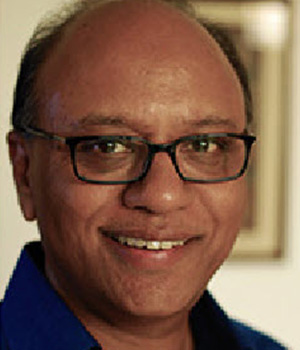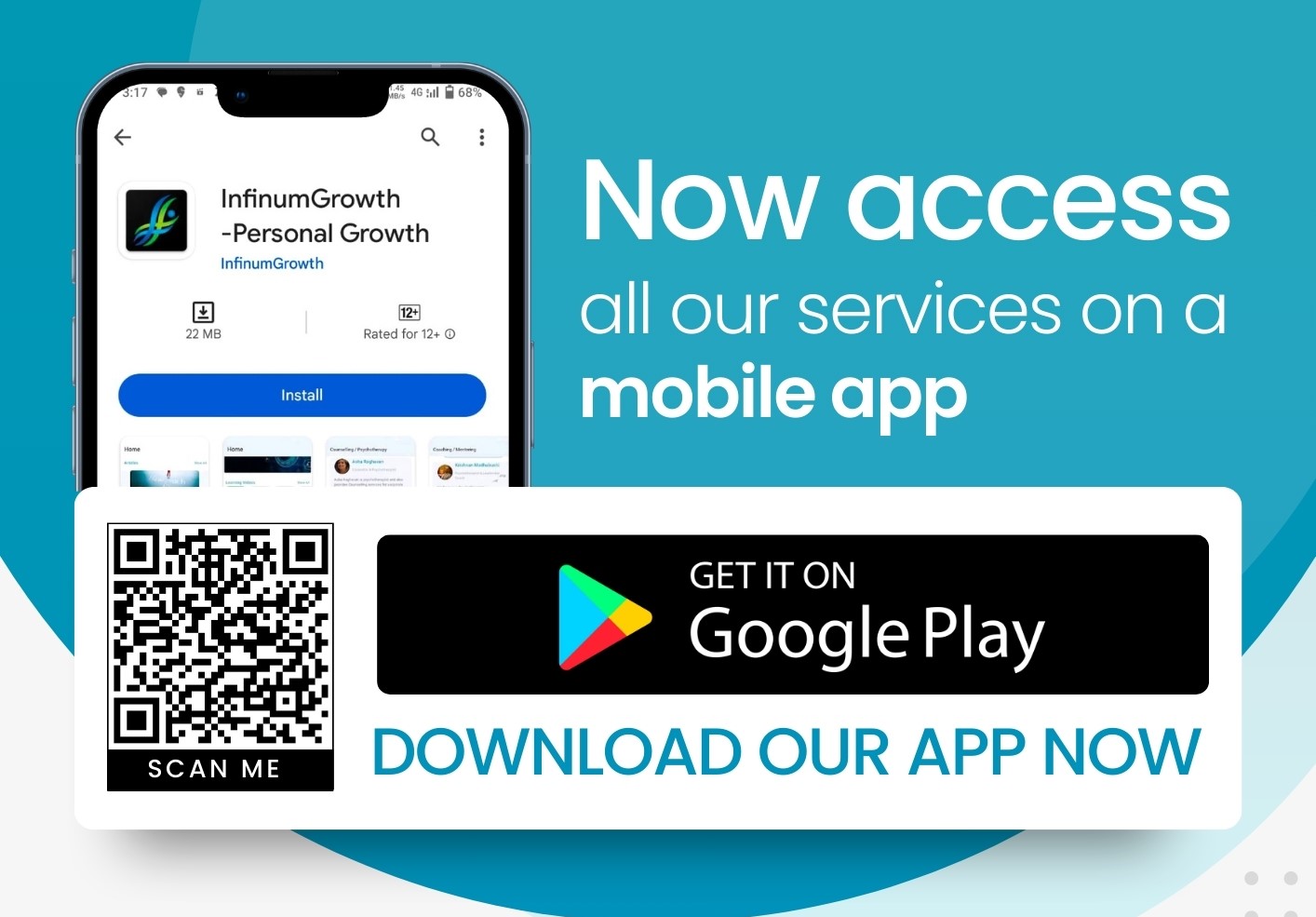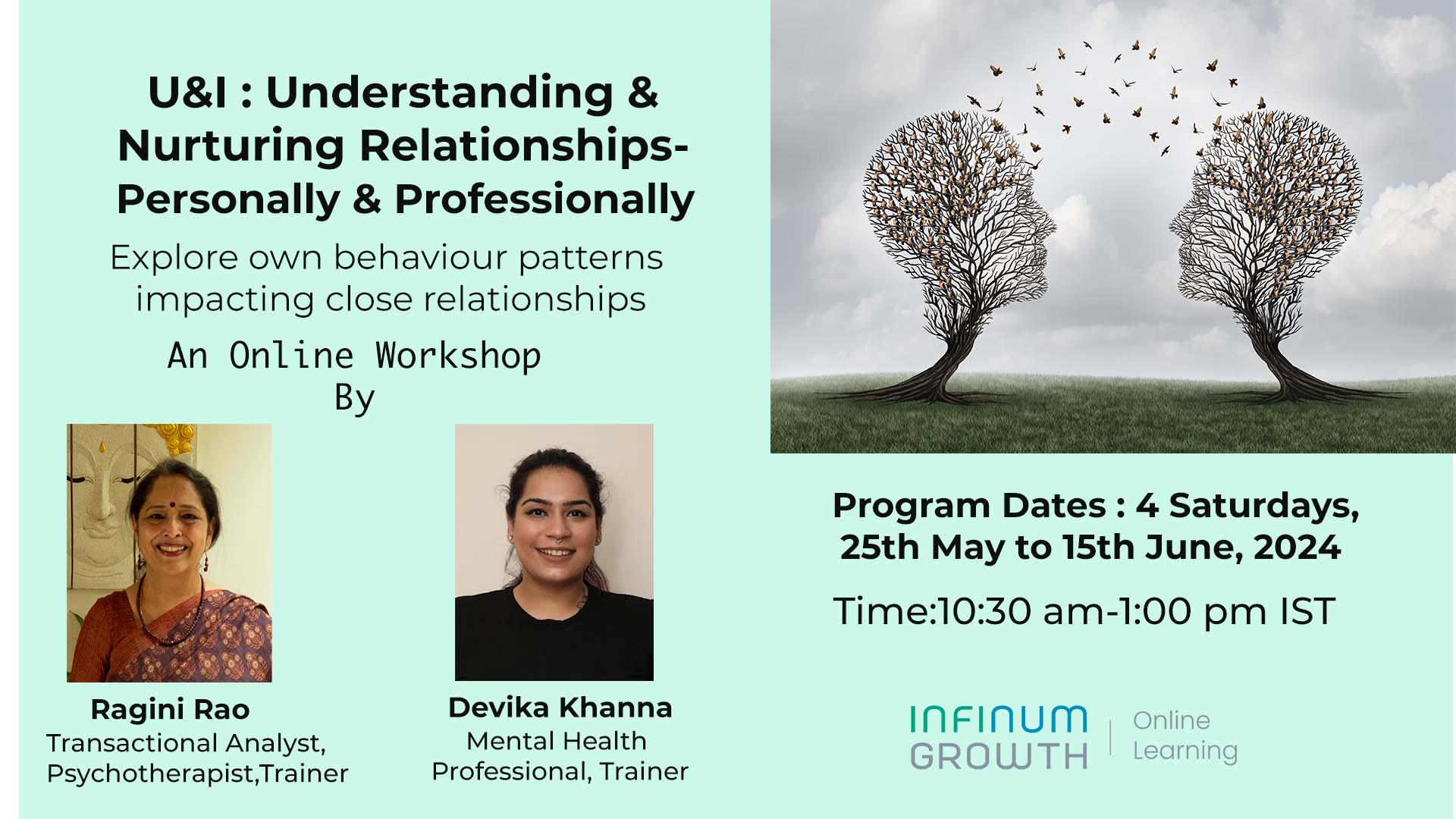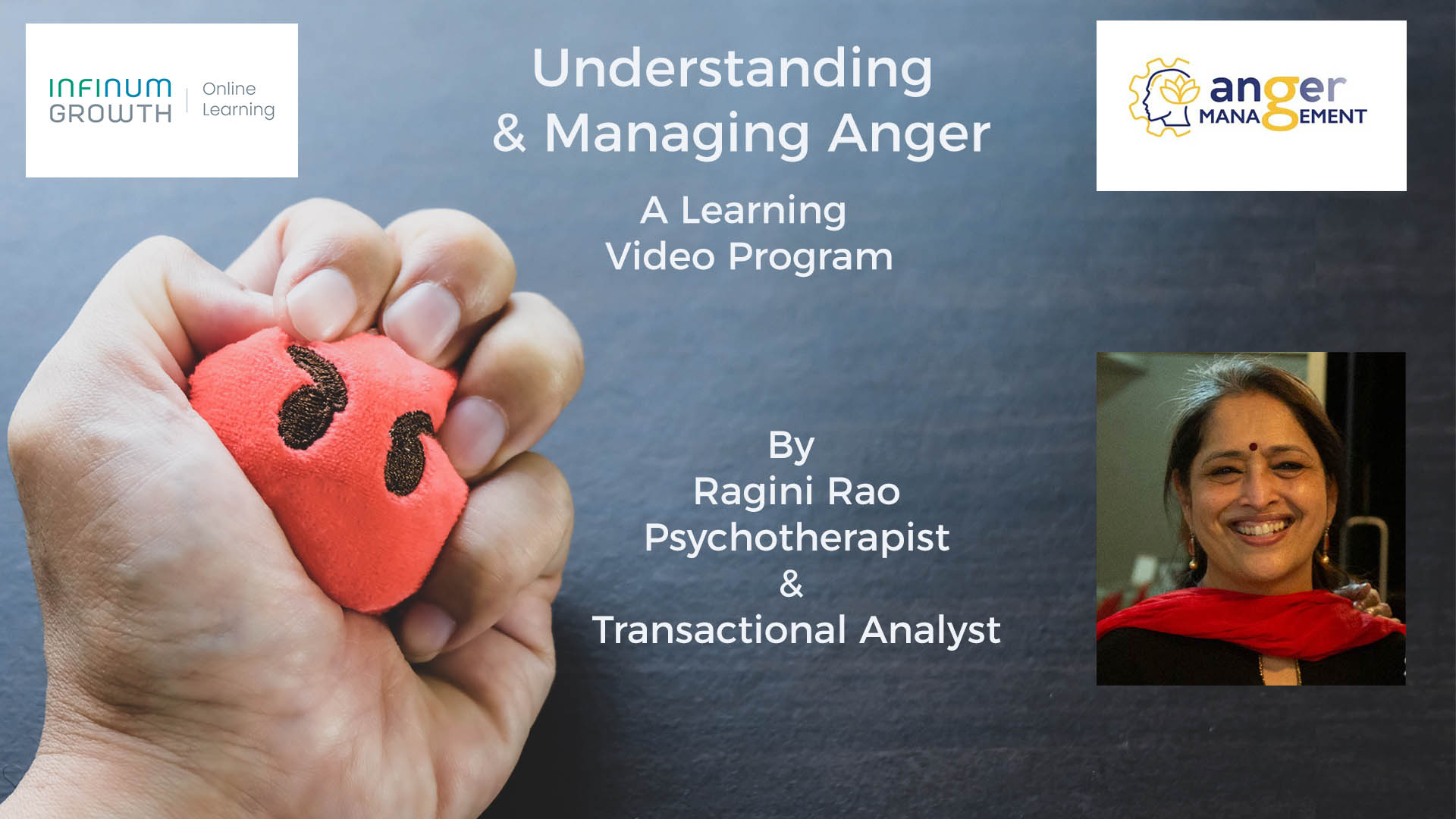In business management courses we are taught the concept of SWOT analysis; analysing the Strengths, Weaknesses, Opportunities and Threats of a business. Most professional companies apply this periodically to do an evaluation of the business and redefine their strategies.
As a business manager, I have always found this concept very interesting and extremely useful in understanding where my business is at a given point of time and use this to work out what options the business has, to go forward.
But I have also found doing a SWOT equally effective at the personal level, to develop a Personal Strategy, which tells me what I should do at each turning point in my profession and what direction to take for greater satisfaction and joy.
Need for a Personal Strategy
In the pressures of life and to avoid being left behind, people often take impulsive decisions, eventually taking up the wrong kind of jobs or the right jobs with the wrong kind of employers; leading, in turn, to either just going on without really achieving anything or going through a lot of stress due to the wrong fit. Net result – Job dissatisfaction, Frequent change of jobs and Instability in life.
Likewise, many self-employed individuals also tend to go through periods of low where nothing seems to be working right and business looks very discouraging. They continue to struggle and get so caught up in the current problem that they take long before taking a fresh look and making course corrections. This has serious financial implications and delivers a huge amount of mental stress.
Whether employed by others or self employed, in either case, taking a step back to assess where one is and figuring out the next steps helps in reducing stress, rebuilding self confidence and bringing enthusiasm back in life.
Therefore the need for a formal Personal Strategy, which involves spending some quality time in understanding oneself and one’s needs and developing a strategy and an action plan to methodically take the desired direction.
Do you really know yourself?
In job interviews, questions people face include “what’s your career objective?” and “what do you think are your strengths and weaknesses?” So often, I have found people giving vague answers to such questions.
The reason is that one hasn’t given a deep thought. Career objectives are defined often by the educational qualifications and what seem to be the most popular career choices of the day. Self-evaluation, after taking up a career, tends to stop at the obvious parameters of educational qualifications, number of years of work experience and some important results or milestones achieved at work so far.
We often overlook or set aside
- the qualities within us which enabled us perform the way we did and
- the kind of work that will really give us genuine satisfaction
As a result, we tend to allow events and immediate compulsions to dictate the flow of life rather than plan and drive to create one’s own destiny.
Each one of us is unique
Each one of us goes through a unique track in life. Our experiences and learning are unique because each person is made different. So the learning picked up from the interactions with parents, teachers, friends, colleagues and strangers or, in the pursuit of education, work and other interest areas in life, are different for each individual.
Therefore, looking within and looking back at life will tell us a lot about our unique strengths and weaknesses and the direction we ought to be taking in life.
SWOT analysis for a Personal Strategy
Setting career objective aligned to one’s genuine strengths and weaknesses enables us to identify the right opportunities to go for. In a fast diversifying economy, changing or redefining career objectives, to align with the results of self-evaluation as well as to take advantage of new market needs, helps in getting the best results and maximum satisfaction.
As mentioned earlier, SWOT analysis is the act of putting down, very honestly, the four groups of factors that affect us in any situation. So at the individual level, these could be
Strengths:
- What are the particular work skills and knowledge you have, which are relevant and attractive to the employer/client? These could be technology, techniques, conceptual skills, people management skills, salesmanship, market understanding.
- What are the behavioural traits in you, which could be useful to the employer/client in getting work done through you? These could include your personal warmth in relationships, listening skills, persistence, cool headedness, ability to enthuse people etc
- What have been the successes in your working life, which will give assurance to the employer/client? Past results at meeting work targets, rewards & recognitions, specific instances of managing tough situations could be some.
- Other factors such as the contacts/network you have, the languages and geographies you are acquainted with and so on.
Weaknesses
- What is it about your work skill or behaviour or other factors that may not be appreciated by the client/employer or where you know you often fall short?
- Why is it that you are not able to deliver better on that aspect?
- What do you need to do to build and improve upon the delivery?
Opportunities:
- What are the needs of your employer/client, which you can see, that are not being met fully by either you or others?
- How well are you positioned to deliver on such needs?
- Are you alert to new opportunities coming up in the environment, whether in your domain space or outside?
- What additional skills would you need to meet these new needs?
Threats:
- What is it that could go wrong in your relationship with the employer/client, which could affect your business?
- What could be the actions of competition/others that could affect the delivery of your work or the continuance of your relationship with your employer/client?
- What could be other products/services/skills that come up in the market, that could endanger your position or make you/your company obsolete?
- What could be other environmental factors such as Government regulation, Laws, political issues, international issues, weather issues that could affect and spoil your business?
Developing a Personal Strategy for your profession, reviewing it periodically, looking at the new strengths gained and new opportunities( or threats) emerging, could help bring a lot more clarity and confidence in managing the professional life and getting more satisfactory outcomes.
There’s about fifty years of active professional life available. Run it like a true professional and make the most of it!
Also read
Please do leave your comments at the bottom and do share with others if you like this article.















The article is extremely useful and the self evaluation can be done using the simple definitions given of SWOT